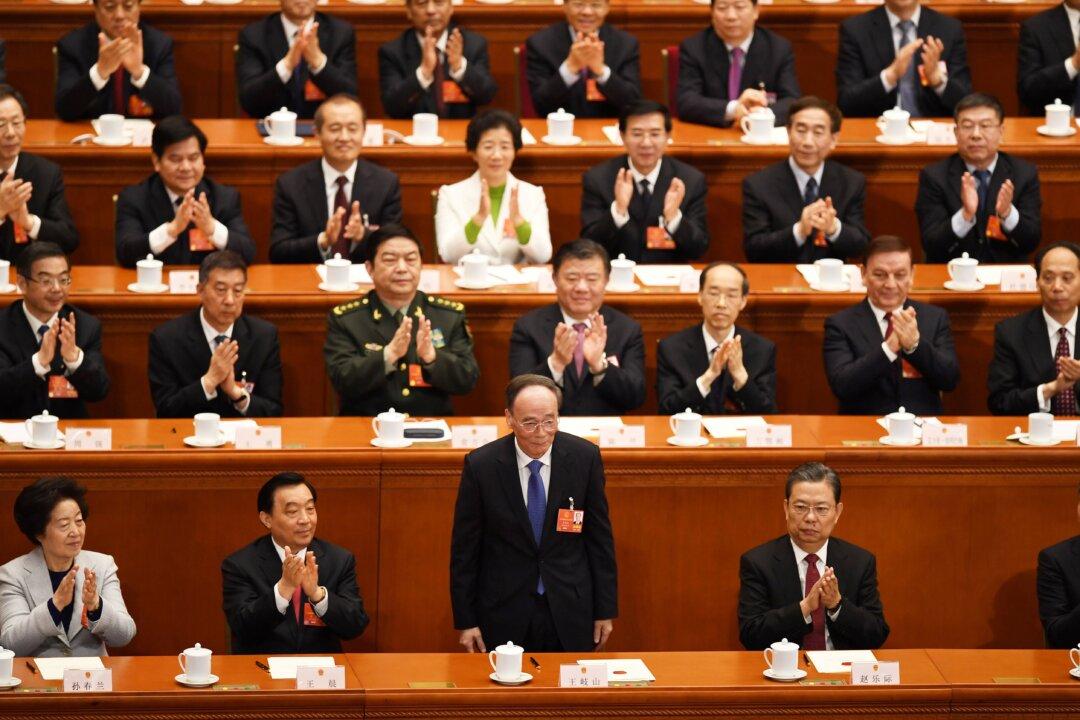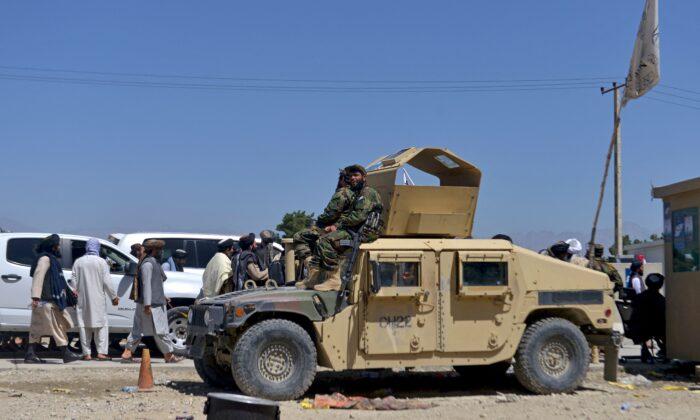Richard Marles, Australia’s Deputy Prime Minister and Defence Minister has said China is Australia’s “biggest security anxiety” as Beijing expands its influence among the Pacific island nations.
“We can expect China will maintain an interest in the Pacific, and really the point here is we need to be focusing on our own relationships in the Pacific,” he told Sky News Australia’s Pete Stefanovic.
“Unlike the former [Coalition] government, we’re actually going to do the work, and I believe if we do the work, we will be the natural partner of choice for the countries in the Pacific.”
Meanwhile, Beijing and leaders from 10 Pacific nations did pledge increased bilateral cooperation in a range of areas, including scholarships, infrastructure, maritime industries, humanitarian and COVID-19 assistance, and climate change.

The Deputy Prime Minister argued that Beijing’s actions in the Pacific region have affected Australia’s strategic framework and posed “enormous challenges for us.”
“It shapes our strategic circumstances… and our strategic circumstances are as complex as they have been since the end of the Second World War and China is a key part of that,” he said.
“We need to make sure we are doing everything we can to have the courage to articulate Australia’s national interests when that differs from Chinese action.”
As Wang Yi, China’s Foreign Minister, embarked on an eight-nation tour of the Pacific, Australia sent its newly appointed Foreign Minister, Penny Wong, to the region to dampen concerns and counter the CCP’s influence.

Liberal senator James Paterson, who chaired the parliamentary committee on intelligence and security under the Coalition, said Canberra needs to be upfront in calling China the biggest security threat to Australia.
“It’s true to say it’s Australia’s greatest anxiety, but we should also be honest and speak plainly and say they are our greatest security threat as well,” Paterson told Sky News.
“We are not investing $270 billion over the next decade in acquiring new defence capability just for the fun of it.
“We’re acquiring it because we believe it’s necessary to deter potential aggressors, including China.”




